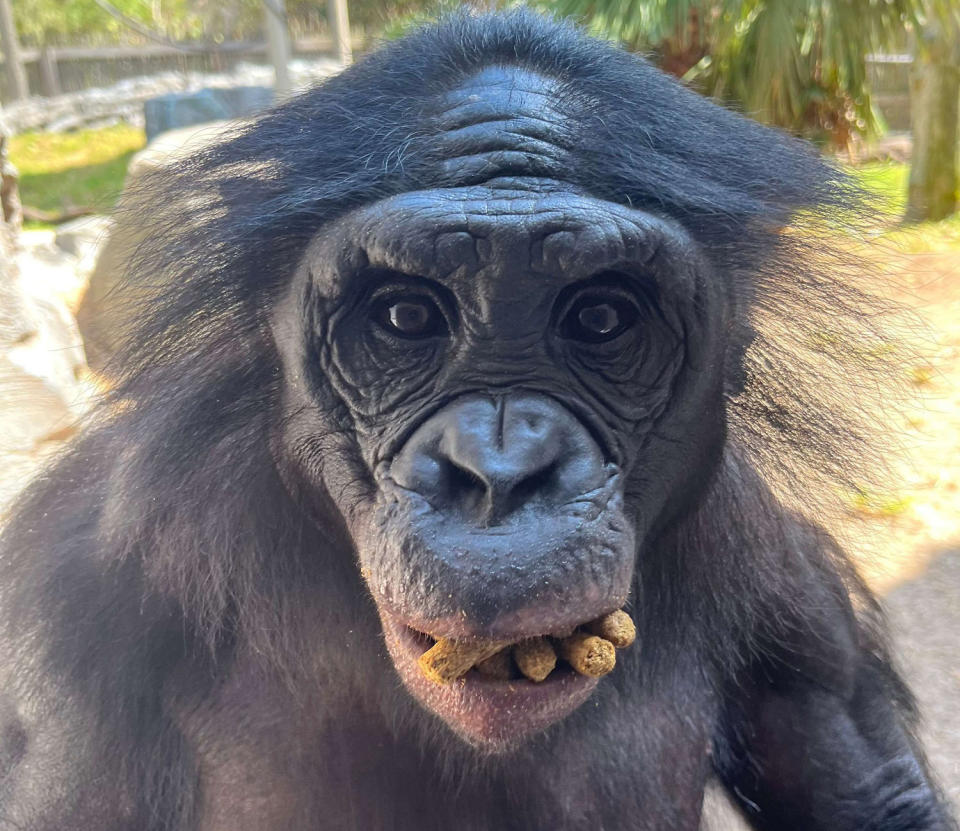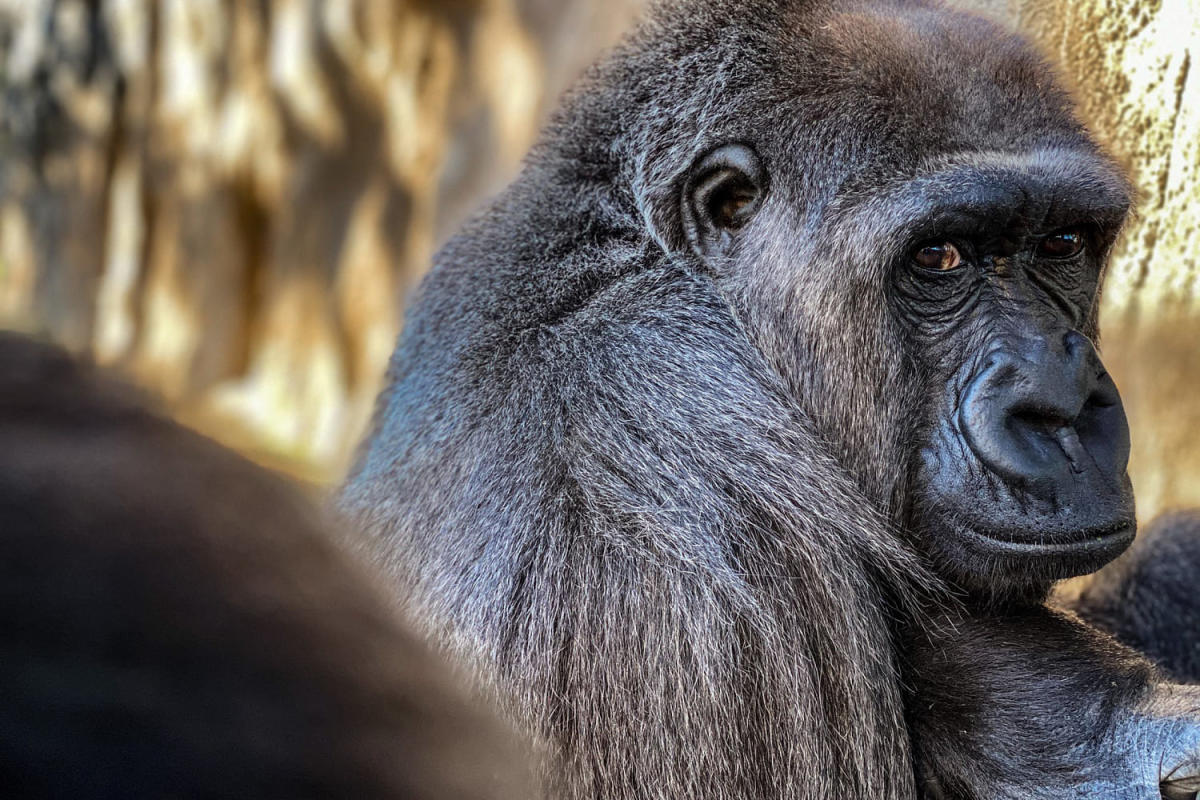Three monkeys at the Jacksonville Zoo have died in the past week from a shigella infection, the zoo reported on Facebook.
On Thursday, the zoo announced the “unexpected” death of 35-year-old Bulera, a female western lowland gorilla.
According to the zoo, Bulera died from shigella, a bacteria that causes shigellosis and causes symptoms such as diarrhea, vomiting, cramps and dehydration.
The infection is typically spread through contact with feces, food or water, the zoo said. “We may never know the exact source of Bulera’s infection,” but the zoo also said the infection could have come from an asymptomatic monkey or a staff member. The zoo said that was “unlikely.”

According to the zoo, Shigella can be more serious in apes because they have a harder time fighting the infection.
By the time Bulera died, other great apes were already showing symptoms due to the highly contagious nature of shigella and were in “various stages of treatment and recovery,” the zoo said.
Despite efforts to care for the sick apes and the use of “personal protective equipment and regular cleaning to prevent further spread,” the zoo reported that two other apes, bonobo brothers Jumanji and Jenga, died on Monday.
Both Jumanji and Jenga, born in 1996 and 2011 respectively, had existing heart conditions, making them vulnerable to the infection, the zoo said.
The Jacksonville Zoo and Gardens acknowledges the difficulty of losing three primates in one week and says staff are working to help the monkeys who are still sick recover from shigella.
“While many of the monkeys are in various stages of treatment and recovery, we have seen significant progress thanks to the hard work and resilience of our team,” the zoo said.
It was noted that animal health and care teams continue to closely monitor the situation as shigella can experience periods of improvement and then relapse.
This article was originally published on NBCNews.com





